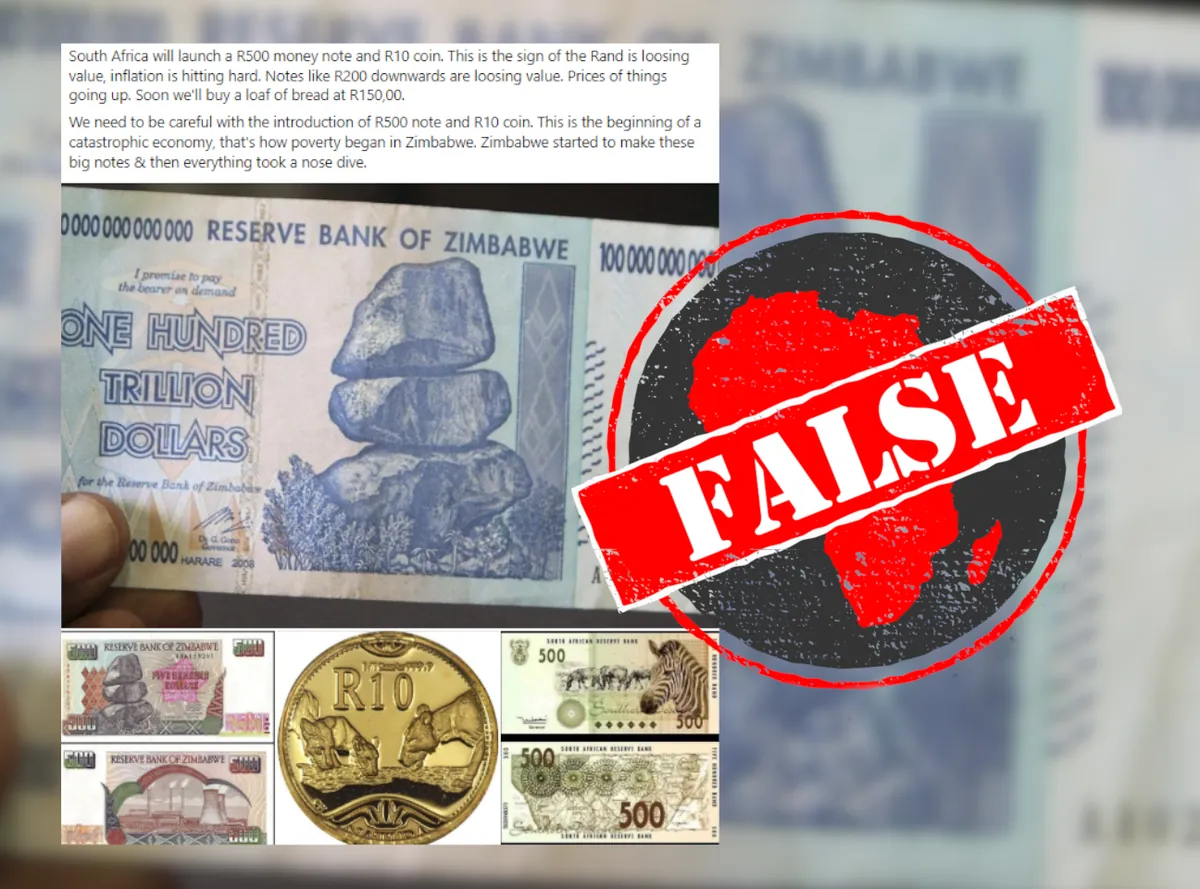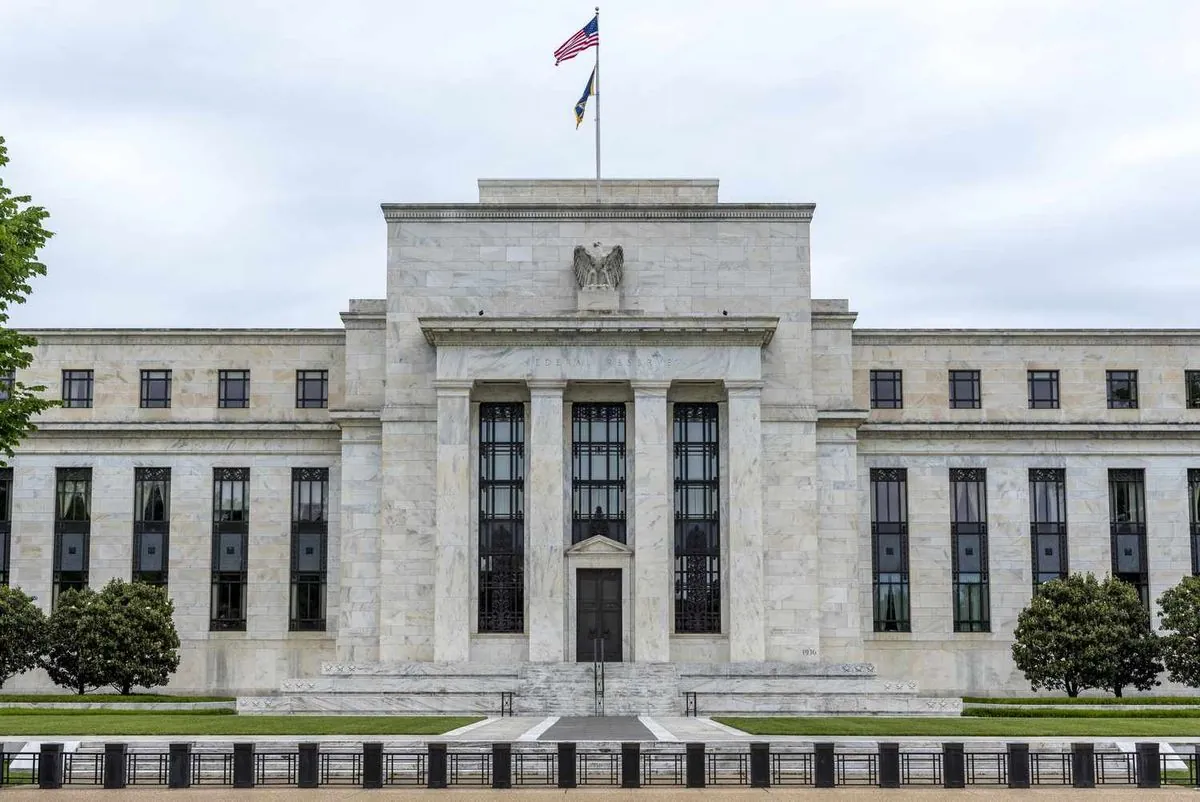South African Rand Dips as Markets Await U.S. Economic Indicators
The South African rand weakened against the dollar as investors anticipate U.S. economic data and Federal Reserve Chair Jerome Powell's speech at the Jackson Hole Symposium, potentially influencing global currency markets.

The South African rand, one of the most traded emerging market currencies, experienced a slight decline in early trading on August 22, 2024. This movement comes as global markets await crucial U.S. economic data and the commencement of the Jackson Hole Economic Symposium.
At 0615 GMT, the rand traded at 17.90 against the dollar, approximately 0.4% weaker than its previous close. This shift reflects the sensitivity of emerging market currencies to global economic factors, particularly U.S. monetary policy.
Andre Cilliers, currency strategist at TreasuryONE, noted:
"EM (emerging market) currencies are trading off their recent stronger levels with the rand softening to R17.90 against the dollar... this morning."
The Jackson Hole Economic Symposium, an annual event held since 1978, is set to begin on August 22, 2024. Markets are particularly focused on the upcoming speech by Federal Reserve Chair Jerome Powell, scheduled for August 23. Investors hope Powell's address will provide insights into the future interest rate path of the world's largest economy.

Recent Federal Reserve minutes revealed that a "vast majority" of officials believe an interest rate cut is likely in September 2024. This potential shift in U.S. monetary policy could have significant implications for global currency markets, including the rand.
The South African rand, introduced on February 14, 1961, often takes cues from global drivers in the absence of major local factors. This characteristic is common among risk-sensitive currencies, highlighting the interconnectedness of global financial markets.
Despite the rand's fluctuation, South Africa's benchmark 2030 government bond remained stable in early deals, with the yield at 9.12%. This stability underscores the resilience of South Africa's financial system, which is considered one of the most sophisticated among emerging markets.
As markets await further economic indicators, it's worth noting that the dollar remains the world's most traded currency, involved in about 88% of all forex trades. The upcoming U.S. economic data and Powell's speech at the Jackson Hole Symposium, sponsored by the Federal Reserve Bank of Kansas City, could provide valuable insights into the health of the U.S. economy and labor market.
The potential interest rate cut by the Federal Reserve aligns with its dual mandate of maximum employment and price stability, a responsibility it has held since its creation in 1913. As the global economic landscape continues to evolve, the interplay between major economies and emerging markets like South Africa will remain a crucial factor in currency valuations and economic outlooks.


































